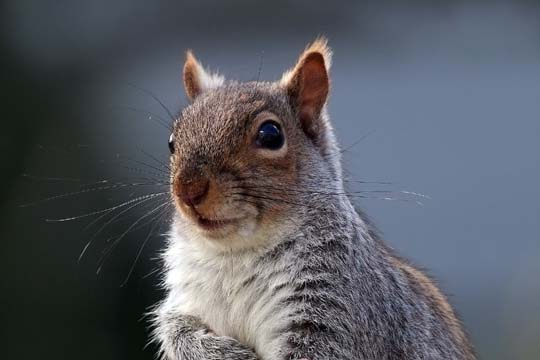The Squirrel That Stole My Lunch
Subham Rai
© Copyright 2025 by Subham Rai


Photo by Charles James Sharp at Wikimedia Commons.
The Squirrel That Stole My LunchSubham Rai © Copyright 2025 by Subham Rai  |
 Photo by Charles James Sharp at Wikimedia Commons. |